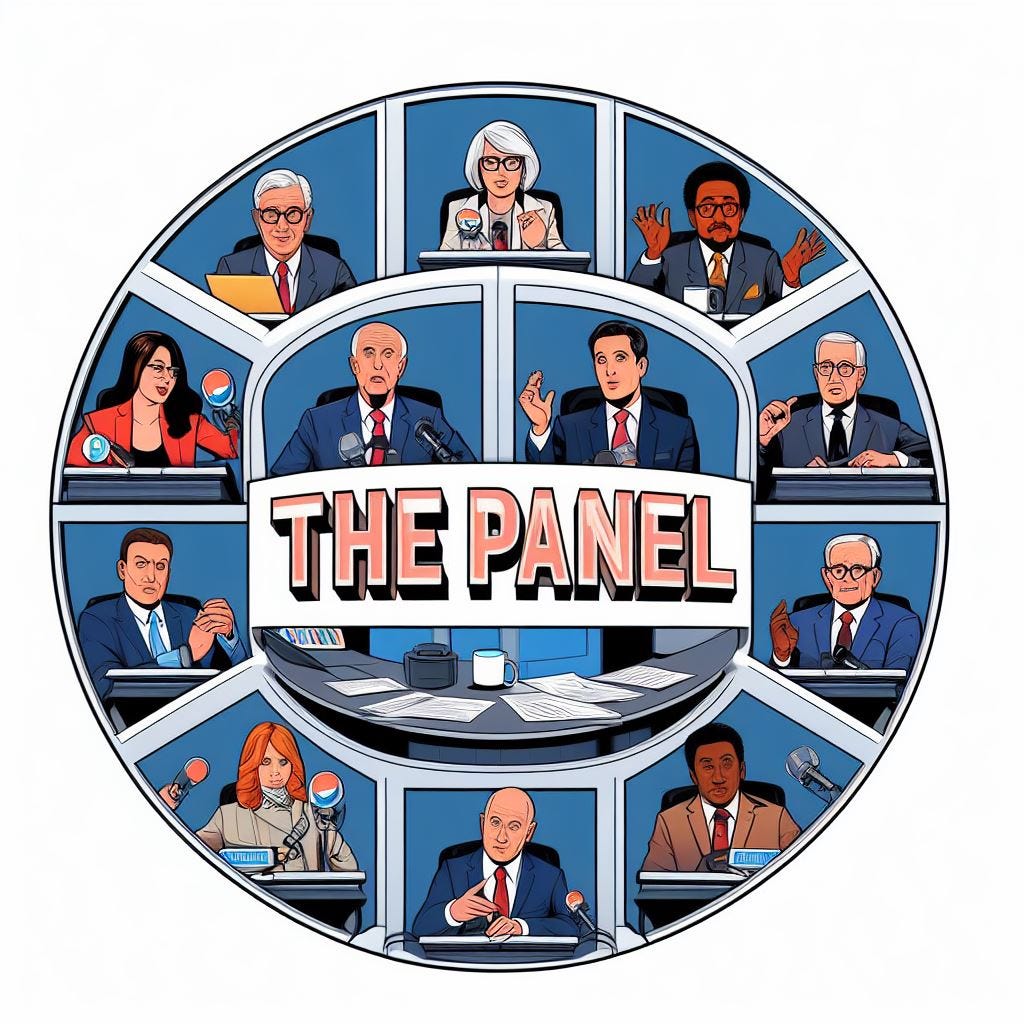The Panel Reacts: Google Introduces Gemini, Its Answer To OpenAI’s GPT-4
Google introduced its long-awaited large language model. Our group of panelists weigh in on what it means and what you should know.
On Wednesday, Google finally introduced Gemini, its answer to OpenAI’s GPT-4.
Gemini will power Google’s Bard chatbot and become available to software developers building generative AI applications.
The model is multimodal — meaning it can read and analyze words, shapes, and sounds — and Google shared several impressive demos with reporters yesterday. In one example, the model looked at a world map, created a ‘guess the country’ game, shared clues with users, and allowed them to play by tapping on the map.
The new technology is powerful and could challenge OpenAI. But how powerful? And how challenging? Gemini, after all, is extremely late to the game.
This is another perfect moment for The Panel, where we ask expert technologists, journalists, and analysts for their perspectives on important breaking news.
And so, here are some reactions to Google’s Gemini introduction, from Ranjan Roy of Margins, Casey Newton of Platformer, Gergely Orosz of the Pragmatic Engineer, Brian Morrissey of The Rebooting, independent analyst Debra Aho Williamson, and more great guests.
You can receive The Panel regularly by upgrading to paid. If you’re already signed up, thank you so much for your support!
And now, here’s our panel!
Google's release of Gemini is a big deal. Up until now, the Vertex AI GenAI ecosystem has been fragmented and not as developer-friendly as it needed to be (how many of you even know the name of Google's previous LLMs like text-gecko, text-bison, etc)?
Analyzing the relative power question vis-a-vis GPT-4, etc. isn't the right one because having a good-enough multimodal foundation model will allow every Google Cloud customer to quickly start building in an environment where their data already lives and one where they already have built trust around security. Basically - these models are going to be commoditized for most business operations, so the best one will be the easiest one to build on.
Ranjan Roy , author of Margins by Ranjan Roy and Can Duruk


